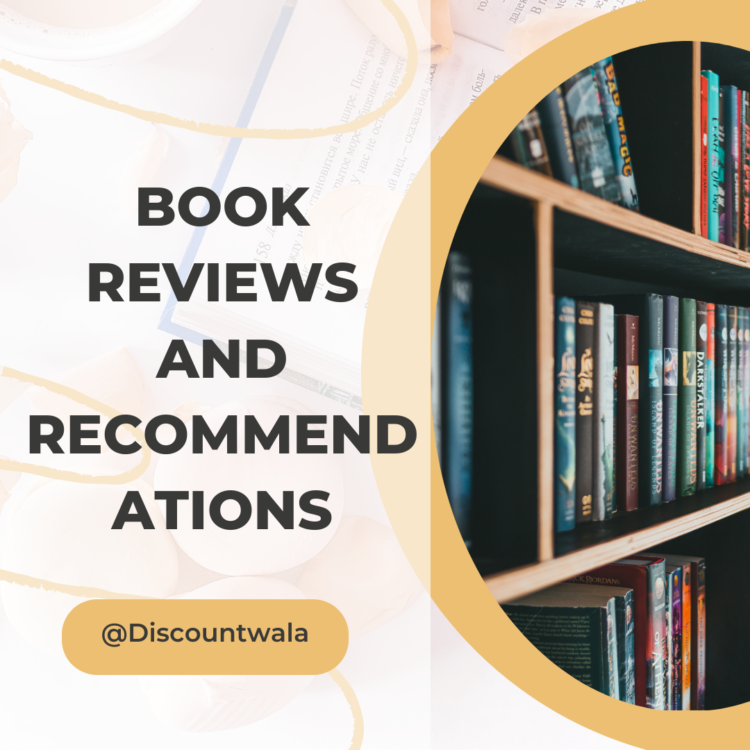In the vast literary landscape, book reviews and recommendations act as guiding lights, helping readers discover hidden gems and navigate the ocean of stories. Whether you’re an avid bookworm or just stepping into the realm of literature, understanding the significance of book reviews and seeking recommendations can enhance your reading journey. In this blog, we’ll delve into the art of book reviews, the impact of recommendations, and how to curate a reading list that resonates with your tastes.
The Power of Book Reviews
1. Insights into the Story:
Book reviews provide insights into the narrative, characters, and overall storytelling. They offer a glimpse into what you can expect from a particular book, helping you decide if it aligns with your preferences.
2. Critical Analysis:
Professional reviews often include critical analyses that delve into the themes, writing style, and literary elements of a book. These analyses can deepen your understanding and appreciation of the author’s craft.
3. Reader Perspectives:
Reviews from fellow readers offer diverse perspectives. Understanding how different readers interpret and connect with a story can enrich your reading experience and open your eyes to new insights.
4. Navigating Genres:
Book reviews act as signposts in the literary landscape, guiding you through different genres. They help you explore beyond your comfort zone and discover books you might not have considered otherwise.
Crafting a Well-Informed Reading List
1. Diversify Your Sources:
Don’t rely solely on one source for book recommendations. Explore reviews from various platforms, including literary magazines, book blogs, and reader communities. Diversifying your sources exposes you to a broader range of perspectives.
2. Understand Reviewer Styles:
Different reviewers have unique styles and preferences. Over time, you may find reviewers whose tastes align with yours, making their recommendations more reliable. Pay attention to the nuances of different reviewers to identify those whose insights resonate with you.
3. Join Book Communities:
Online book communities, forums, and social media groups provide a space for readers to share their thoughts and recommendations. Engaging with these communities allows you to interact with fellow book enthusiasts and discover titles that are generating buzz.
4. Explore Bookish Platforms:
Platforms like Goodreads, LibraryThing, and BookTube are dedicated to books and reading. Utilize these platforms to track your reading, explore book lists, and receive personalized recommendations based on your preferences.
5. Consider Personalized Recommendation Services:
Some websites and apps offer personalized book recommendations based on your reading history and preferences. These services use algorithms to suggest books tailored to your tastes, providing a convenient way to discover new titles.
Writing Your Own Book Reviews
1. Express Your Thoughts:
When writing a book review, express your thoughts and feelings about the book. Whether you loved it, had mixed feelings, or didn’t enjoy it, your honest opinion contributes to the diversity of reviews available to other readers.
2. Provide Context:
Offer context to your review by discussing what worked well for you and what didn’t. Consider elements such as plot structure, character development, writing style, and pacing. Providing specific details helps potential readers gauge whether the book aligns with their preferences.
3. Avoid Spoilers:
Be mindful of spoilers when writing reviews, especially if the book has unexpected twists or turns. Clearly indicate if your review contains spoilers and consider readers who want to approach the story with a fresh perspective.
4. Encourage Discussion:
Conclude your review by inviting discussion. Encourage other readers to share their thoughts and engage in conversations about the book. Book reviews, when viewed as a dialogue, contribute to a vibrant literary community.
Conclusion
In the intricate tapestry of literature, book reviews and recommendations serve as invaluable threads, weaving together readers, authors, and stories. Embrace the diversity of perspectives, seek out recommendations from various sources, and, most importantly, let your own voice be heard. Whether you’re uncovering hidden gems or diving into literary classics, the journey of reading is enriched by the shared experiences and insights that emerge from the world of book reviews and recommendations.










No Comments
Leave Comment